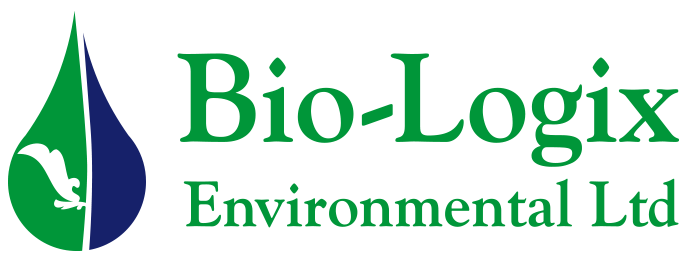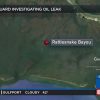There are a very large number of homes and businesses around the country that are served by domestic heating oil tanks usually situated in yards and gardens containing kerosene.
A fuel oil spill or leaks from domestic tanks can come from either the tank itself, the fittings/valves or the supply lines that run into the property and can be gradual drip drip over time or sudden and catastrophic and costly to remedy.
If you discover a domestic fuel tank leak here are some steps you should take immediately:
- Identify the source of the leak and try to stem the flow if possible
- If the leak has impacted controlled streams, ponds, lakes or underground water etc. you should contact the Environmental Protection Agency ( https://www.epa.ie/ ) as soon as possible
- If the building structure itself has been impacted or if the drinking water supply has been contaminated, you should contact your local Environmental Health Officer as soon as possible.
- If there is spilled fuel is on the ground, you should try to absorb this if possible to prevent the spread of spilled fuel to nearby buildings of watercourses
- Check whether any leaked fuel has migrated from the contaminated area to a third party's land
- Call your insurer as soon as possible as they will action the services of an accredited contractor to clean up the spill as soon as possible
- It is good practice to confirm the amount of fuel lost from the tank by examining fuel gauge and any records of delivery dates etc.
- If the leak is ongoing you should contact your fuel supplier to request them to uplift the remaining fuel immediately
How the fuel leak will impact the occupiers can vary dramatically. If the leaked fuel has impacted building structures and / or buried services such as water supply pipes etc. there can be a significant impact on residents and may require moving the occupiers out of the property while the clean up is being carried out. If the fuel leak fuel has impacted streams or underground water, actions must be taken quickly to prevent spread of contamination.
Insurance Claims:
We recommend contacting your insurer and confirming that your insurance cover oil spill or leak. It is very important to inspect your oil tank and supply pipes regularly. Insurers may not pay out for domestic heating oil spills if the fuel storage tank and pipes are in poor condition, that are not regularly maintained, the spill may not be classified as a ‘sudden, accidental or unforeseen’ event.
Spills that affect only garden areas and not buildings or third party land may not be covered.
Any works on the domestic oil heating system (tank, lines and boiler) should always be carried out by an qualified remediation technician.



